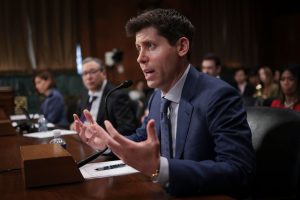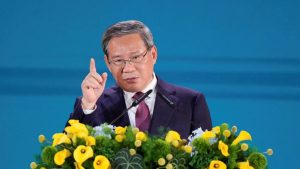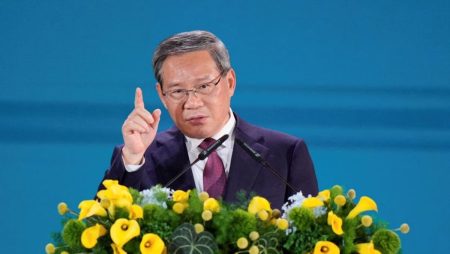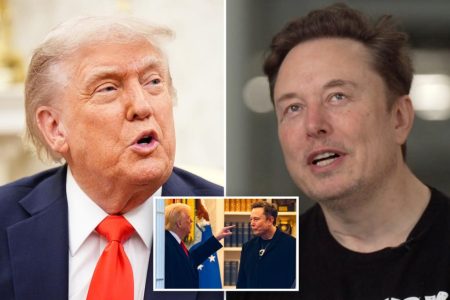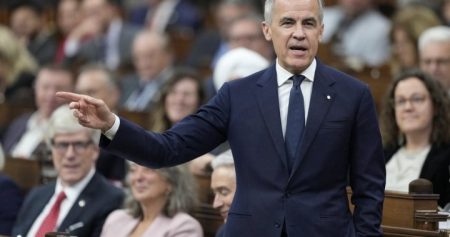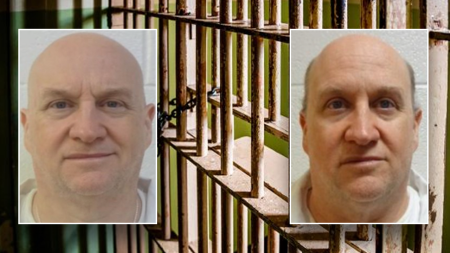Former President Donald Trump’s recent encounter with Prince William during the Notre-Dame reopening celebrations in Paris sparked a flurry of commentary, primarily due to Trump’s effusive praise of the Prince’s appearance. Trump’s focus on William’s physical attributes, describing him as “good-looking,” “really, very handsome,” and “great,” raised eyebrows and fueled discussions about the appropriateness of such comments, particularly given the diplomatic context of the meeting. This emphasis on outward appearance, rather than the substantive content of their discussion, highlights Trump’s characteristic communication style, often prioritizing personal impressions and subjective observations.
The meeting itself, held at the UK Ambassador’s Residence, extended for nearly two hours, a significant duration for such a diplomatic exchange. This extended timeframe suggests a broader range of topics discussed beyond the pleasantries typically exchanged during such encounters. The setting, the opulent Salon Jaune, also imbued the meeting with a sense of formality and historical significance. The visual contrast between Trump’s golden tie, echoing the room’s decor, and Prince William’s more casual attire, including his “grizzled beard,” offered a subtle commentary on the differing personal styles of the two figures.
A key element of their conversation revolved around the health concerns within the British royal family. Trump inquired about the well-being of both Kate Middleton, the Princess of Wales, and King Charles III, both of whom have recently faced cancer diagnoses. Trump relayed that Prince William expressed positive sentiments about his wife’s recovery and his father’s ongoing battle with the disease, underscoring the personal and private nature of the information shared. This exchange reveals a humanizing aspect of the interaction, transcending the political and diplomatic formalities and touching upon shared human experiences of concern and support for loved ones.
Trump’s repeated emphasis on the “great talk” he had with Prince William, characterizing it as lasting “half an hour, a little more than half an hour,” creates a slight ambiguity. The initial mention of a nearly two-hour meeting juxtaposed with the subsequent reference to a half-hour conversation raises questions about the precise duration and content of their exchange. This ambiguity, whether intentional or unintentional, leaves room for speculation regarding the actual depth and breadth of their discussion. It also reinforces the perception of Trump’s focus on the personal aspects of the encounter, potentially overshadowing any substantive diplomatic discussions that may have taken place.
The public nature of Trump’s commentary on the meeting, including his personal observations about Prince William’s appearance and the private health information shared, raises questions about diplomatic protocol and discretion. While sharing positive sentiments about a meeting is customary, the level of detail offered by Trump, particularly regarding the health of the royal family, could be perceived as exceeding the boundaries of appropriate public discourse. This willingness to share private information further underscores Trump’s unconventional approach to diplomatic interactions, prioritizing his personal narrative over traditional diplomatic norms.
The overall impression left by the encounter, as relayed through Trump’s account, is one of a blend of personal connection and diplomatic exchange. The focus on Prince William’s appearance, the personal health discussions, and the repeated emphasis on the “great talk” create a narrative emphasizing the personal dimension of the meeting. However, the lack of specific details regarding any substantive discussions, coupled with the ambiguity surrounding the meeting’s duration, leaves a degree of uncertainty about the full scope of the interaction. This leaves the public to speculate on the true nature and significance of the meeting beyond the personal anecdotes shared by the former President.

